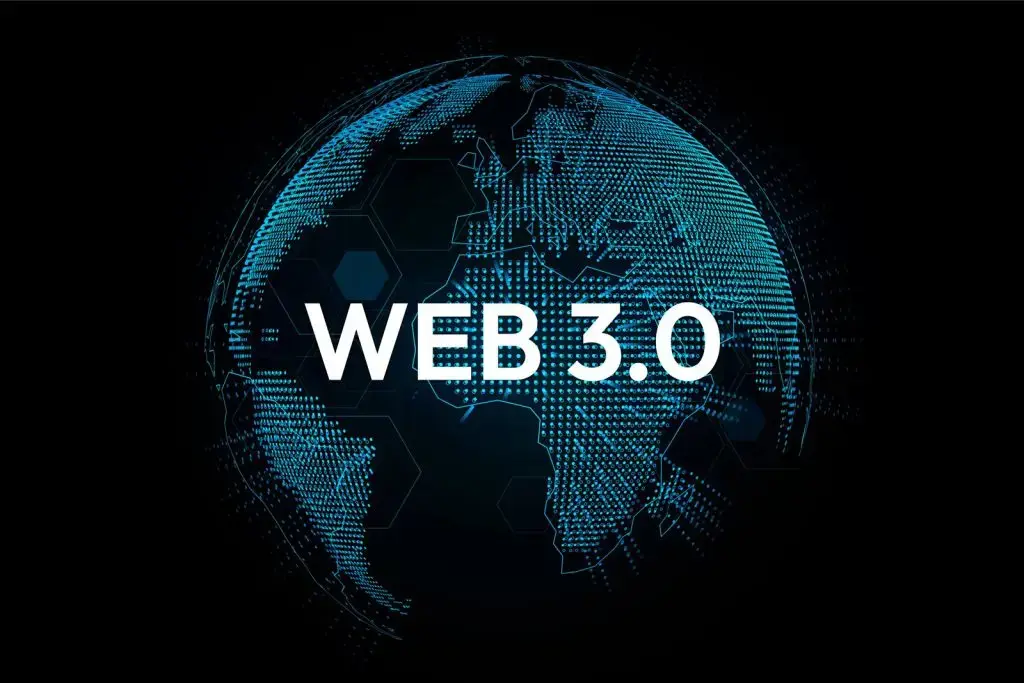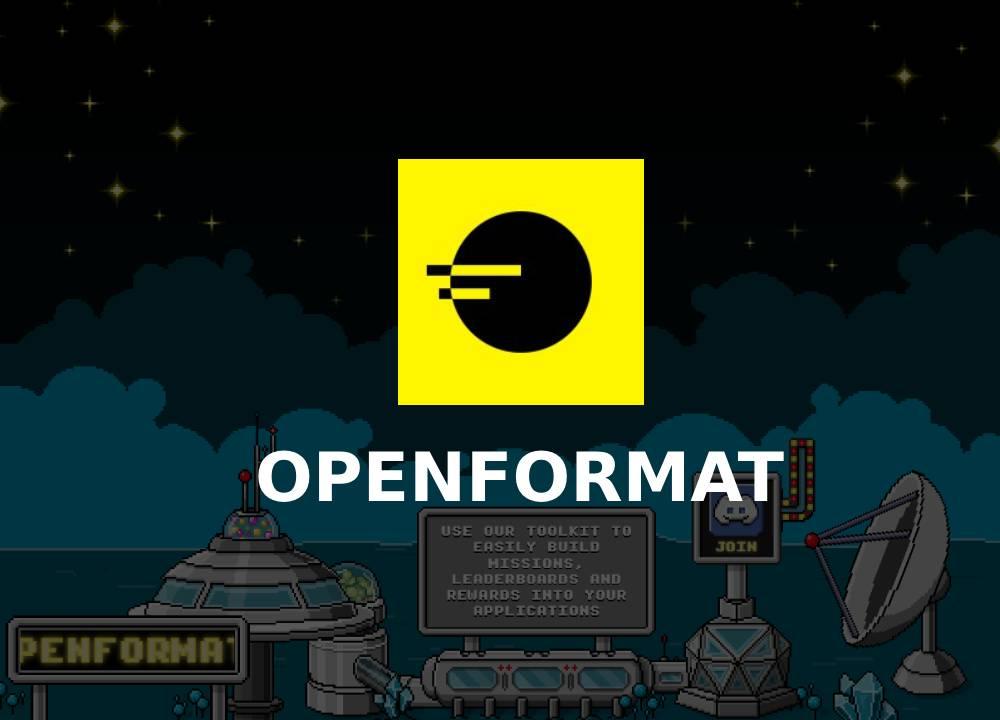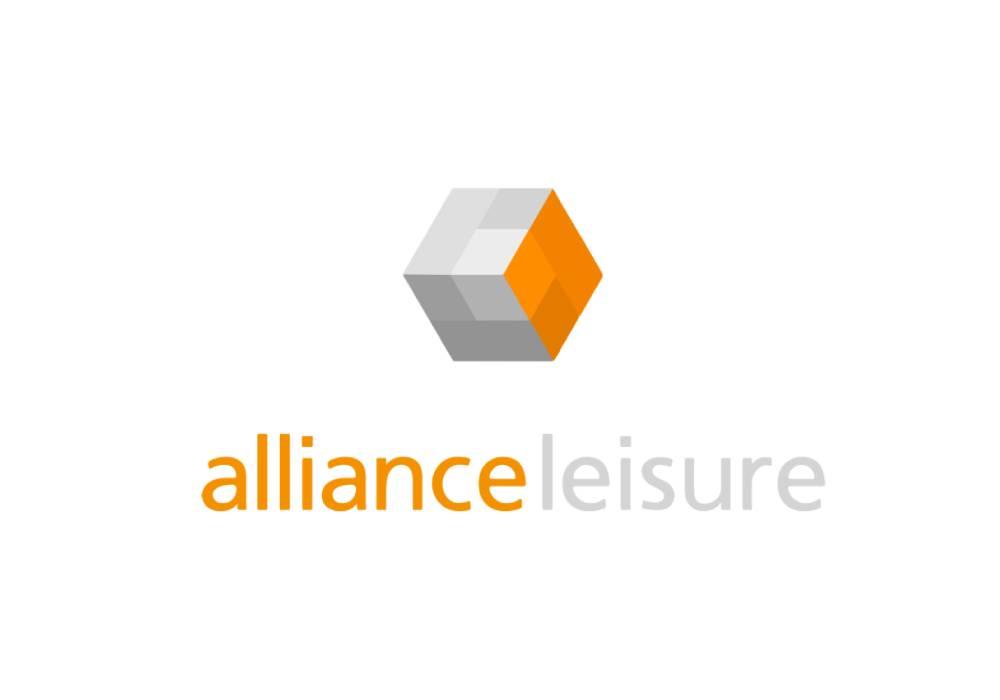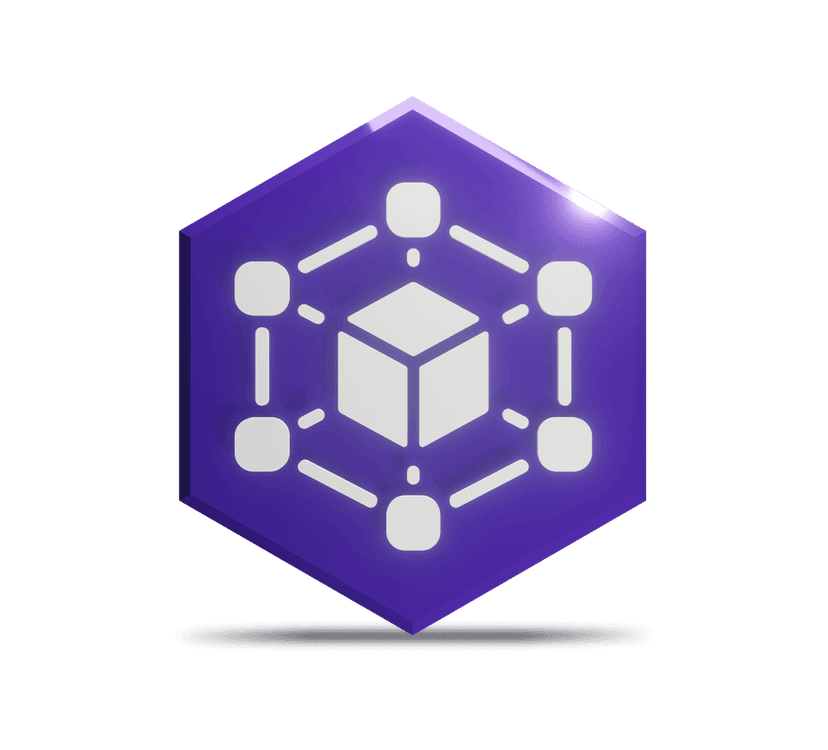The 101’s Of Web3


The Who, What, When, Why & How Of Web3
Who :
Rather than thinking of Web3 as an idea coined by a particular person think of it more as a conceptual movement, that isn't affiliated with any one person or entity but instead represents a wider societal shift championing decentralisation, ownership, and autonomy.
This isn't to say that Web3 hasn’t been supported by various individuals or entities, from the infamous Satoshi Nakamoto to Vitalik Buterin and the various other leaders in Web3 yet as an ideal it stands alone. This isn’t to say that Gavin Wood who coined Web3 first in 2014 is without credit but more that Web3 was a concept thought of by the masses but defined by Mr Wood.
What:
Web3 is all about empowerment. It's about taking charge and owning your digital identity.
Let's break it down into three stages of tech evolution. Web 1 = Read. In the 90s, we had platforms designed for simple functions and information consumption. Think AOL, Yahoo, etc.
Web 2 = Write. In the 2000s, we could finally interact with the internet and applications instead of being passive observers. Big Tech was born, the likes of Facebook and Twitter led the way, but we let them do it on their terms allowing them to be in control of the world wide web.
But Web 3 is all about ownership. For the first time in history, you have the power to own and control your digital identity, breaking free from being ruled by it. You no longer have to blindly trust corporations or even banks in ensuring the safety of your data or money, you have control over your possessions, crazy right?
When:
Web3 has been in the works for over a decade, Bitcoin itself was created in 2009, meaning there has been a lot of behind-the-scenes work from the big brains around the world focused on developing a fully functioning decentralised web.
In recent years we’ve seen the market cycle from peak bull market where everyone and anyone was talking about this elusive thing called ‘Bitcoin’ to bear markets where developers are wracking their brains on the next big thing, but in terms of adding a stopwatch on when we can expect mass adoption with cryptocurrencies, NFT’s and blockchain technology we simply can't say but the data suggests we aren’t that far away.
It took the Internet 36 years to reach a billion users. In contrast, crypto is expected to reach the same milestone by 2027, from the time Bitcoin was launched to 2027 is half of the 36 years needed for the internet which puts into perspective how fast the Web3 space is moving.
Why:
Web3 is a response to the limitations of Web 2.0, which had centralised power in the hands of large tech companies and corporations. Essentially forcing you to yield control of your assets as if you don’t you can't interact with society optimally. Web3 aims to decentralise the internet and empower users, promoting transparency, data ownership, and user-centric interactions online.
There are unfortunately many examples of individuals data or even assets being controlled by a third party. It’s become the norm to let industry giants have some form of custody of our valuables, which is highly problematic.
Web3 will bring the days of trust third parties interfering in everyday transactions to a close. As at the forefront of Web3 is the emphasis on self-custody, where you can truly call yourself the owner of your assets.
How:
The main vehicle for delivering this decentralised world that disrupts current practices is the blockchain. The blockchain is founded upon a digital distributed ledger. A place where transactions of any kind are forever written and recorded on the blockchain which is an open source public piece of technology.
This means there can be no funny business with your money in Web3 as you can see where every single penny goes. Whilst many other technologies play their part in Web3 like AI and the Metaverse it's safe to say blockchain tech takes the crown.
Hope this helped clear up any doubts about some of the fundamentals of Web3, check out the glossary or some of the other articles to continue learning about Web3.




